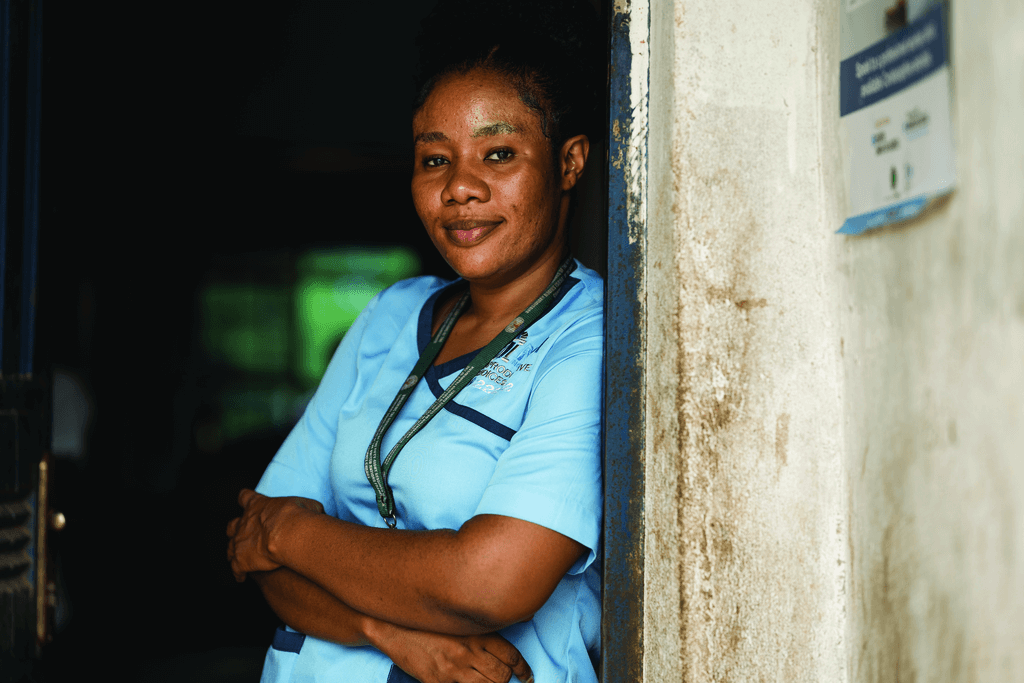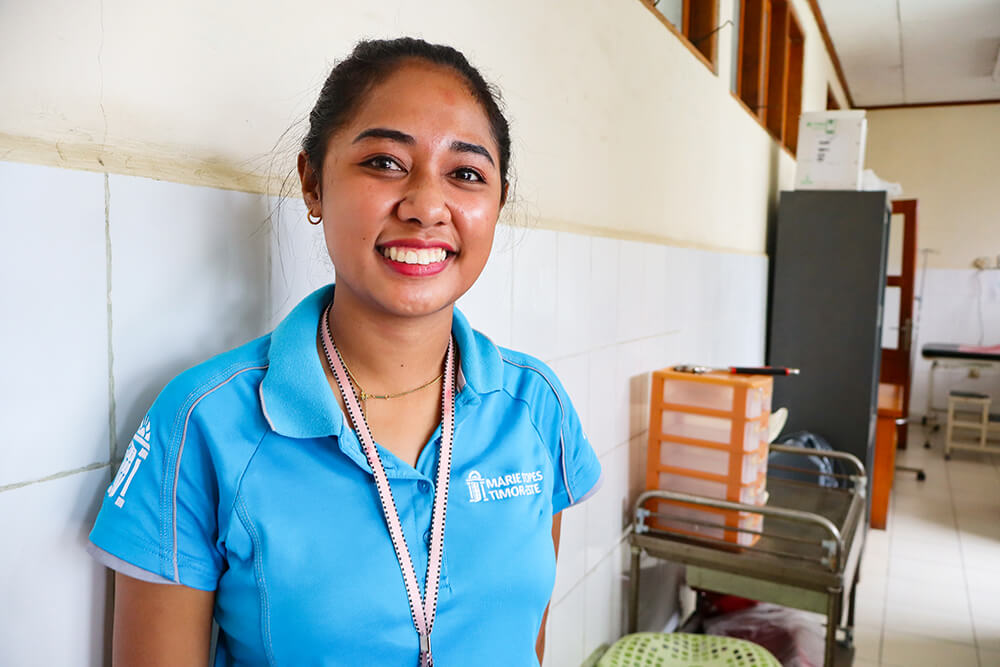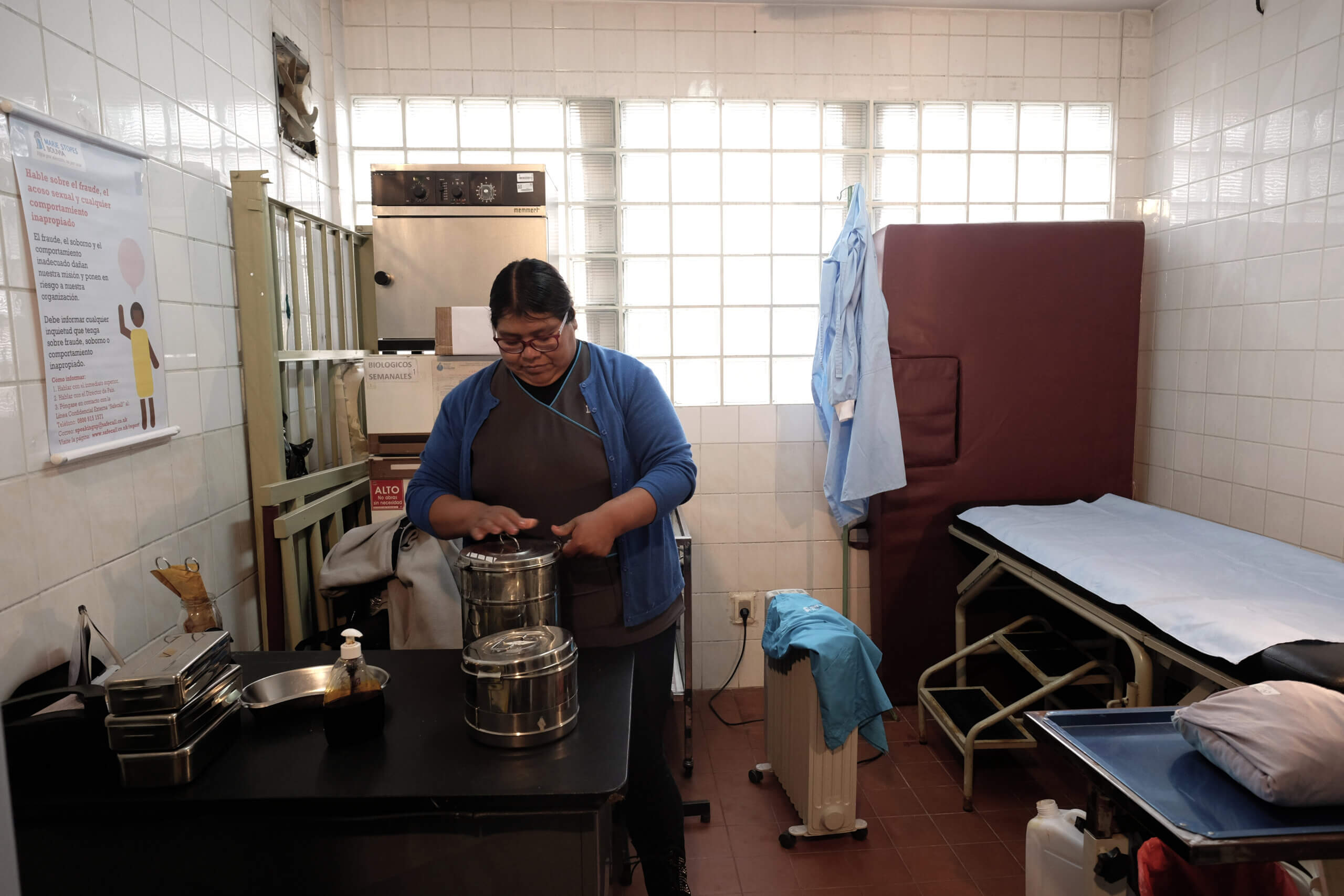Three things we learned from our clients in Mexico
Our clients are at the heart of everything we do. We know they have big dreams for the future, and we’re dedicated to helping them get there, free from worry about an unintended pregnancy.
Recently, we had the chance to talk to several clients in Mexico City and Oaxaca. These bold young women came from different walks of life, but they were all ambitious, hopeful, and grateful to the US donors whose generosity gave them access to reproductive healthcare. Here’s what they told us about what reproductive healthcare has meant in their lives.
1) Reproductive healthcare is still stigmatized in Mexico
Maria, a recent college graduate from a small mountain town in Oaxaca, met us at a park outside of town so that no none would see her talking to us about her abortion. Another client, Karen, told us she couldn’t tell anyone but her sister about getting an abortion. “I didn’t feel very supported, because I couldn’t tell my family. Because some people, especially older people (my mom, my dad) have these ideas that this is wrong.”
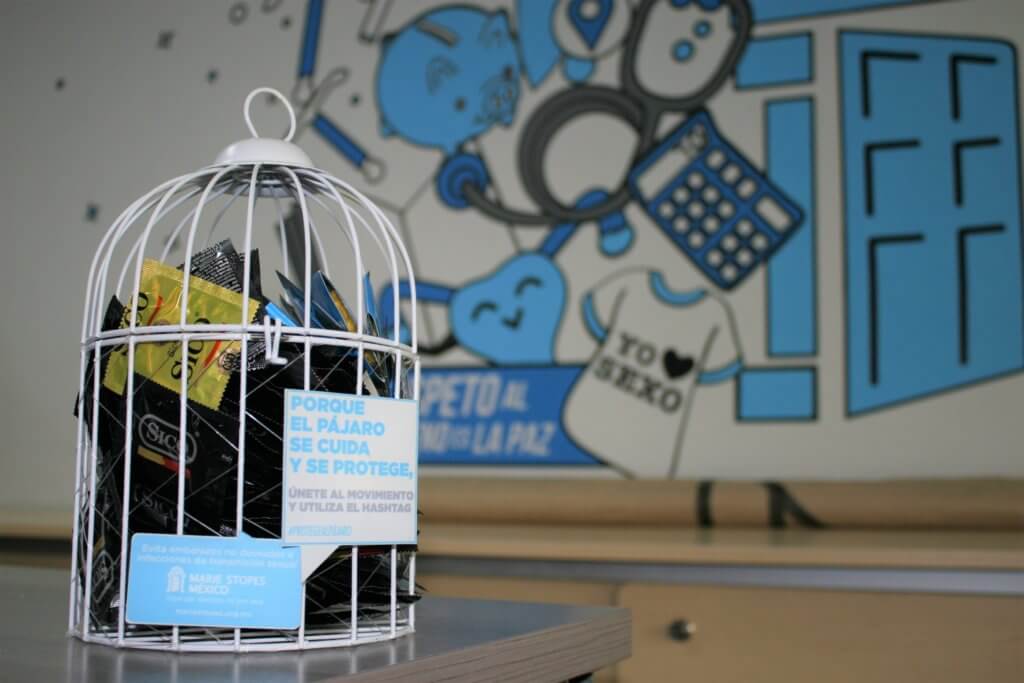
Even contraception is sometimes stigmatized. Yoselin, a recent graduate, told us she learned very little about contraception in school—if teachers mentioned it at all, they would tell students to look into it on their own, rather than sharing accurate information.
For Maria, having an abortion allowed her to end an abusive relationship and avoid becoming permanently tied to her abuser. But she was afraid that if she were open about her experience, her community would judge her. She courageously shared her story anyway, hoping to lessen the stigma for others.
2) Abortion and contraception help women stay on their chosen paths
Many of the clients we spoke to sought out MSI’s services as students. They were finishing their studies and starting to launch their careers, and they knew that an unintended pregnancy would force them to abandon their plans.
Yoselin told us: “I have to have some time for work, for reading, for studying. And well, having a child wasn’t in my plans yet. And it still isn’t.” Karen told us that without MSI, “I wouldn’t have been here maybe because I wouldn’t have even finished college.”
For Maria, having reproductive autonomy meant she was one step closer to her dream of becoming a teacher in a remote community with few resources. Another client, Diana, told us about her dream of opening a school. Both said that without MSI, they wouldn’t have been able to continue towards those goals.
3) Expanding access to reproductive healthcare happens one conversation at a time
Nearly every woman we talked to was able to access reproductive healthcare because a trusted friend referred her to Yadira, an MSI team member in Oaxaca. Yadira answered their questions and directed them to the services they needed. Her support made such an impact on their lives, the women have referred other friends to Yadira.
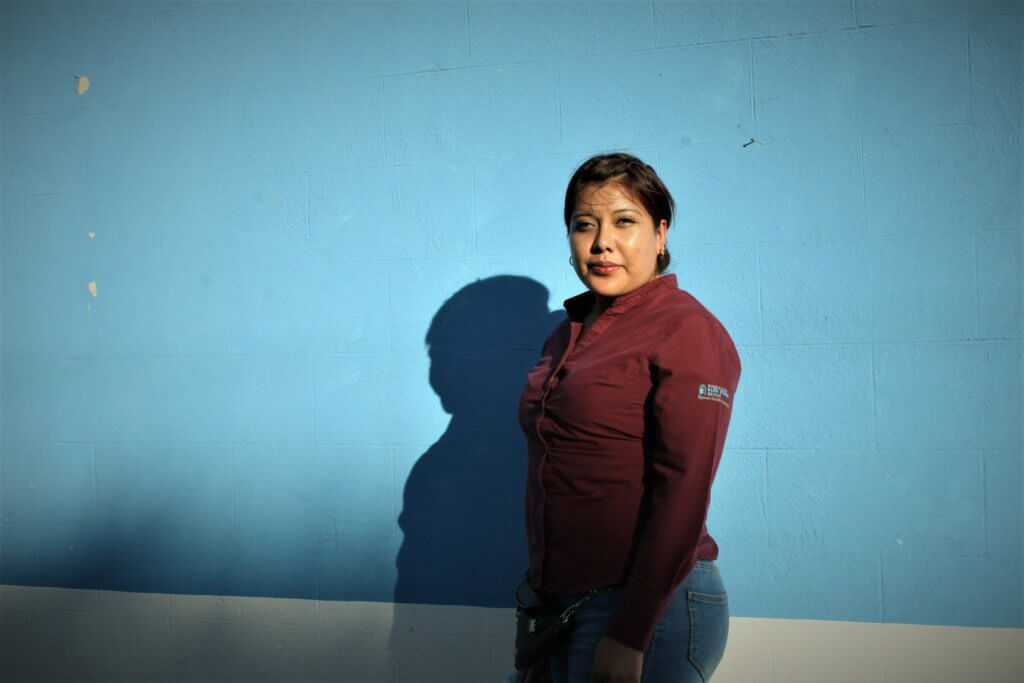
Karen has gone further: She joined an “accompaniment” network, which supports women seeking safe abortion care. She told us: “Mostly what we do is reach out to the woman to empower them. We tell women, ‘It’s your right.’”
US donors are making choice possible in Mexico
US donors support MSI’s work in Mexico, helping build clinics, expand referral networks and bring reproductive healthcare to remote communities with few other options. Every client we spoke with wanted to thank US donors for helping them access reproductive healthcare. By connecting women to safe abortion care, US donors helped women avoid dangerous unsafe abortions.
Diana, a young educator who dreamed of opening her own school, said she wants US donors to know “That many of us women want to move forward, we want to continue to fulfill ourselves, to better ourselves, to share our knowledge with new generations.”
Without reproductive healthcare, women like Diana might have to put their dreams on hold; but with your support, they’re improving not only their own lives but their communities as well.



